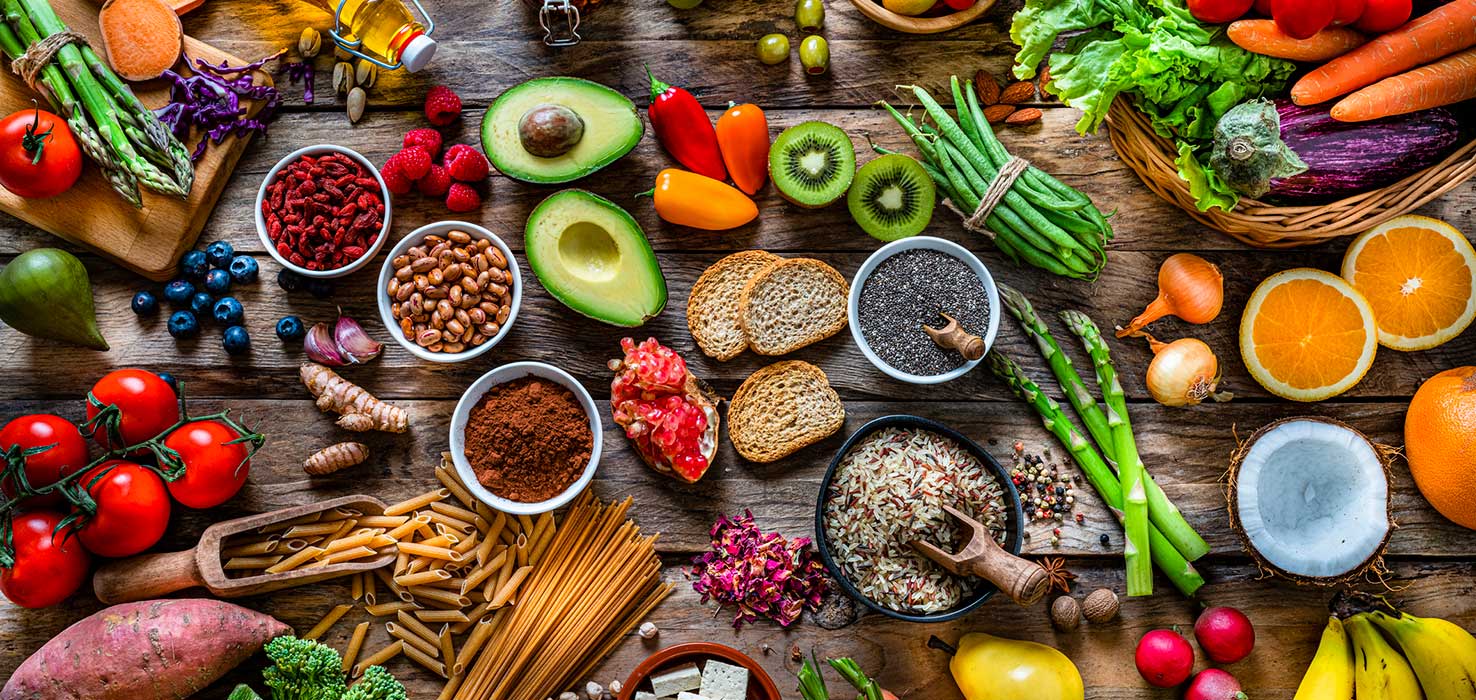
What Foods to Eat to Fight Pancreatic Cancer
An important component of the digestive system, the pancreas has two main functions. First, to aid digestion, its exocrine tissue produces and releases enzymes into the intestines to break down the proteins, fats and carbohydrates in foods, allowing those substances to be efficiently converted into fuel for the body’s cells. Second, to regulate blood sugar levels, the pancreas has endocrine cells (islets of Langerhans) that produce and release two important hormones—insulin and glucagon—into the bloodstream.
Pancreatic cancer can interfere with the production of both pancreatic enzymes and hormones. Insufficient pancreatic enzyme production can affect digestion and cause uncomfortable side effects, such as indigestion, bloating, excessive gas and diarrhea, as well as weight loss. Insufficient pancreatic hormone production can affect blood sugar levels and trigger the onset of diabetes. For these reasons and others, proper nutrition plays an essential role in managing the effects of pancreatic cancer. By eating the right foods, you can help your body fight pancreatic cancer and enhance your overall well-being.
Consult with a specialized dietitian
Due to several unique factors, such as body mass and treatment history, dietary needs can vary widely among patients with pancreatic cancer. Therefore, your treatment team should include an experienced dietitian who is knowledgeable about oncology nutrition as well as pancreatic enzymes and hormones.
In general, here are some tips on how—and what—to eat to fight pancreatic cancer:
Frequently eat small, balanced meals
To improve your energy level, reduce fatigue and prevent weight loss associated with pancreatic cancer, aim to consume six to eight small, well-balanced meals (not just snacks) at regular intervals each day. Also, create a meal schedule and stick to it—don’t wait until you feel hungry to eat. A 15-minute session of low-impact exercise performed two or three times per day can help stimulate your appetite, if needed. You might also find it helpful to keep a daily diet journal where you record information about what and when you eat, your body weight, your blood glucose levels, your physical activities and your bowel movements.
Stay well-hydrated
 Keep your body hydrated by drinking plenty of clear beverages, such as water, fruit juice, electrolyte replacement drinks and broth. Additionally, at times when you don’t feel hungry but you know you need to eat, you might try drinking a beverage that is high in nutrients, proteins and calories, such as a fruit smoothie or a nutritional supplement drink.
Keep your body hydrated by drinking plenty of clear beverages, such as water, fruit juice, electrolyte replacement drinks and broth. Additionally, at times when you don’t feel hungry but you know you need to eat, you might try drinking a beverage that is high in nutrients, proteins and calories, such as a fruit smoothie or a nutritional supplement drink.
Limit your consumption of insoluble fiber
A high intake of foods that contain insoluble fiber, such as whole-grain bread and cereals, nuts and raw fruits and vegetables, can make foods move faster through—and draw more water into—your intestines, both of which can cause or worsen diarrhea. To combat these effects, eat foods that contain soluble fiber, such as oat fiber, and high-pectin foods, such as applesauce and bananas.
Avoid sugars, carbohydrates and fats
 To help stabilize your blood sugar levels, avoid sugary foods and beverages. Also, when you consume carbohydrates, try to balance those foods with healthy protein sources, such as fish, poultry, lean red meats, beans and low-fat dairy products. Finally, keep in mind that high-fat foods may be difficult for your already taxed pancreas to handle.
To help stabilize your blood sugar levels, avoid sugary foods and beverages. Also, when you consume carbohydrates, try to balance those foods with healthy protein sources, such as fish, poultry, lean red meats, beans and low-fat dairy products. Finally, keep in mind that high-fat foods may be difficult for your already taxed pancreas to handle.
A further benefit of proper nutrition is that it will also help you achieve and maintain a healthy body weight, which will be critical to the success of your pancreatic cancer treatment.
If you or someone you know has been diagnosed with pancreatic cancer, you are encouraged to talk with a specialist in the Gastrointestinal Oncology Program at Moffitt Cancer Center. To request an appointment, please call 1-888-663-3488 or complete our new patient registration form online. Your cancer diagnosis is our top priority, and we will connect you with a cancer expert as soon as possible.
